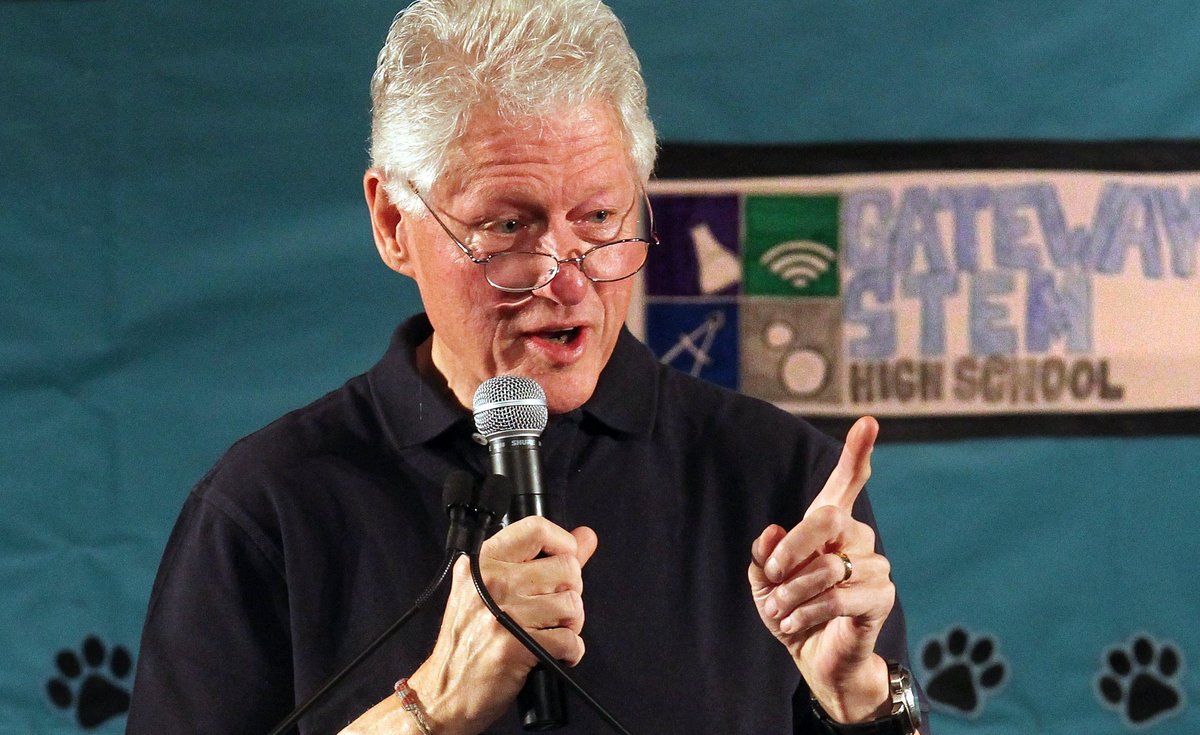WASHINGTON -- President Barack Obama does not support changes to the legal classification of marijuana, the White House said Wednesday, despite growing evidence of its medical benefits.
White House spokesman Josh Earnest was asked for the second day in a row if CNN chief medical correspondent Sanjay Gupta's recent reversal on medical marijuana use and apology for misleading the public had had any bearing on Obama's position on the issue.
Whereas Earnest declined to answer the question on Tuesday, he confirmed Wednesday that the president does not believe any changes should be made to medical marijuana laws "at this point."
As HuffPost reported Tuesday:
Meanwhile, the White House has escalated its fight against marijuana, while a handful of lawmakers in Congress have joined with the marijuana industry in an effort to ease elements of federal law that make it difficult for medical marijuana dispensaries to operate.
The Marijuana Policy Project, the nation's largest advocacy group for marijuana legalization, said it was "encouraged" that Obama doesn't think targeting individual marijuana users should be a priority, but called on the president to reconsider the issue of legalization.
"We hope President Obama willcontinue to examine the evidence surrounding marijuana and pay particular attention to the fact that it is objectively less harmful than alcohol. If he remains objective, he will eventually support the only logical conclusion, which is that marijuana prohibition has failed and it's time for a more sensible approach," said MPP spokesman Mason Tvert.
"We are encouraged by President Obama's statement that he does not consider arresting marijuana consumers a priority," he added. "Once you have reached that conclusion, the only question is who should sell marijuana. State-regulated businesses are clearly a better option than drug cartels and the criminal market."
People More Evolved Than Obama On Pot
White House spokesman Josh Earnest was asked for the second day in a row if CNN chief medical correspondent Sanjay Gupta's recent reversal on medical marijuana use and apology for misleading the public had had any bearing on Obama's position on the issue.
Whereas Earnest declined to answer the question on Tuesday, he confirmed Wednesday that the president does not believe any changes should be made to medical marijuana laws "at this point."
The administration's position on this has been clear and consistent for some time now, that while the prosecution of drug trafficking remains an important priority, the president and the administration believe that targeting individual marijuana users, especially those with serious illnesses and theirAlthough Earnest noted the White House does not believe targeting individual marijuana users is "the best allocation of federal law enforcement resources," the Obama administration has nonetheless spent considerable funds cracking down on medical marijuana usage, including in states that have legalized the drug.caregivers , is not the best allocation of federal law enforcement resources. I looked it up and the president last talked about this in an interview he had with Barbara Walters in December when she asked a similar question. The president acknowledged that the priority, in terms of the dedication of law enforcement resources, should be targeted toward drug kingpins, traffickers, and others who perpetrate violence in the conduct of the drug trade ... that that is the best use of our law enforcement resources. But at the same time, the president does not at this point advocate a change in the law.
As HuffPost reported Tuesday:
The Obama administration has cracked down hard on medical marijuana, even in states that have legalized its use. A recent report found that this administration spent nearly $300 million on medical marijuana intervention throughPublic opinion on marijuana has overwhelmingly shifted in favor of legalization. An April HuffPost/YouGov poll found that 51 percent of Americans thought marijuana should be "legalized, taxed and regulated like alcohol." A Pew Research Center survey, also conducted in April, turned up similar results.lawsuits , indictments and asset forfeiture attempts by the Justice Department. Over the past few years, the Internal Revenue Service has also targeted medical marijuana dispensaries, forcing many of them to the brink of closure, and largely ignoring the fact that many such businesses were in compliance with state laws.
Meanwhile, the White House has escalated its fight against marijuana, while a handful of lawmakers in Congress have joined with the marijuana industry in an effort to ease elements of federal law that make it difficult for medical marijuana dispensaries to operate.
The Marijuana Policy Project, the nation's largest advocacy group for marijuana legalization, said it was "encouraged" that Obama doesn't think targeting individual marijuana users should be a priority, but called on the president to reconsider the issue of legalization.
"We hope President Obama will
"We are encouraged by President Obama's statement that he does not consider arresting marijuana consumers a priority," he added. "Once you have reached that conclusion, the only question is who should sell marijuana. State-regulated businesses are clearly a better option than drug cartels and the criminal market."
Also on HuffPost:
1 of 26

























- Next



